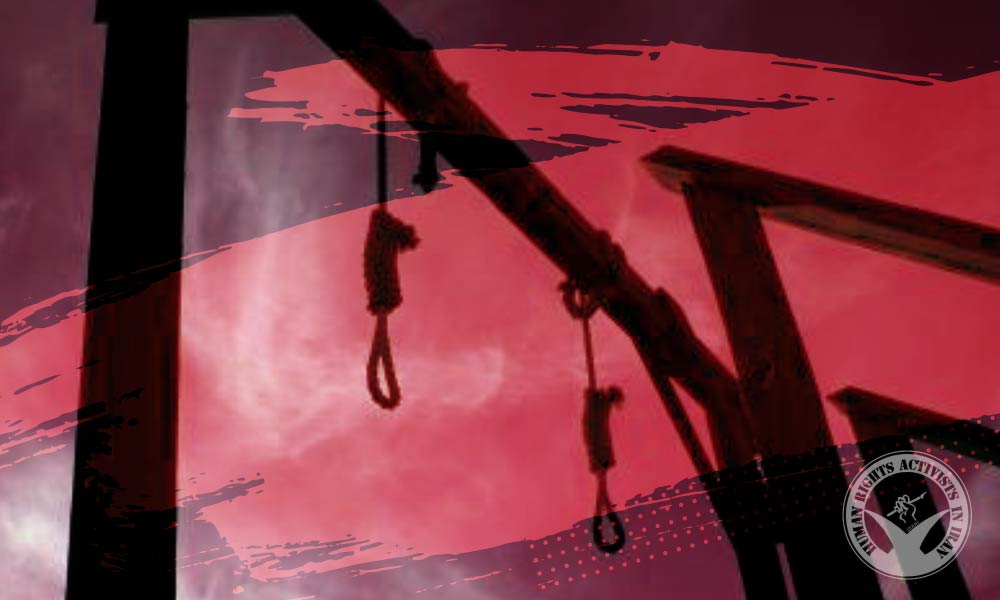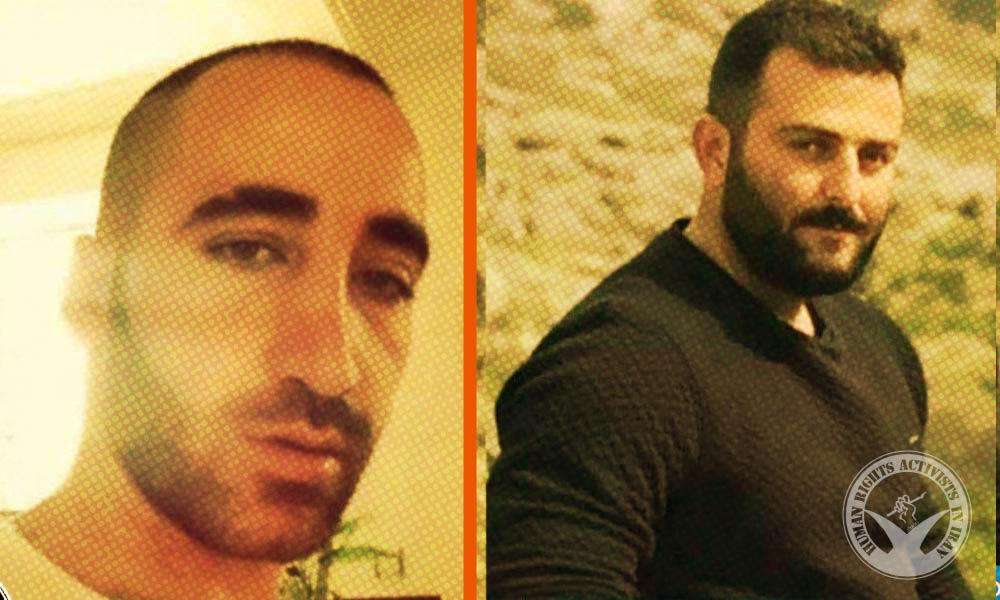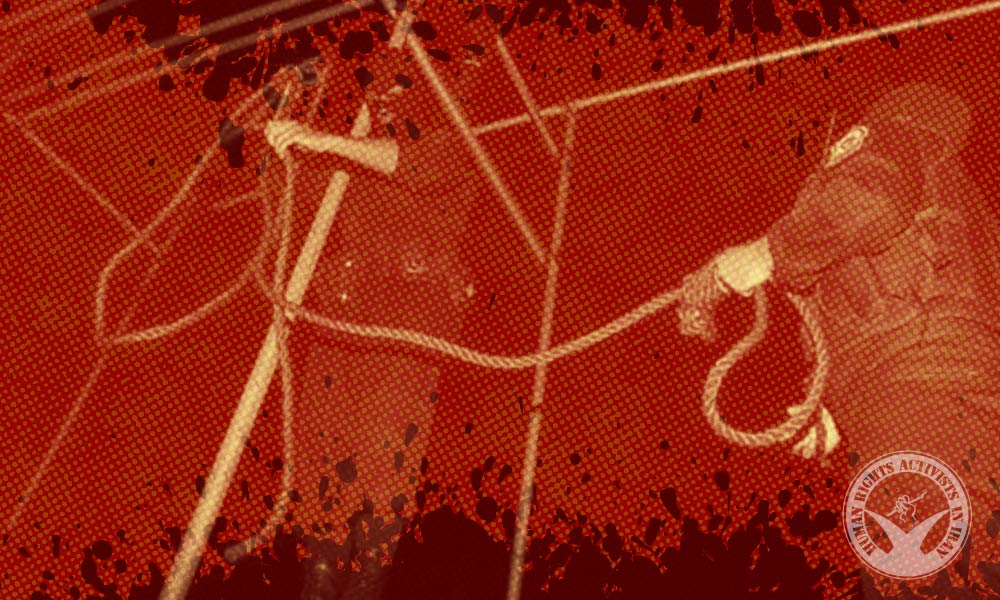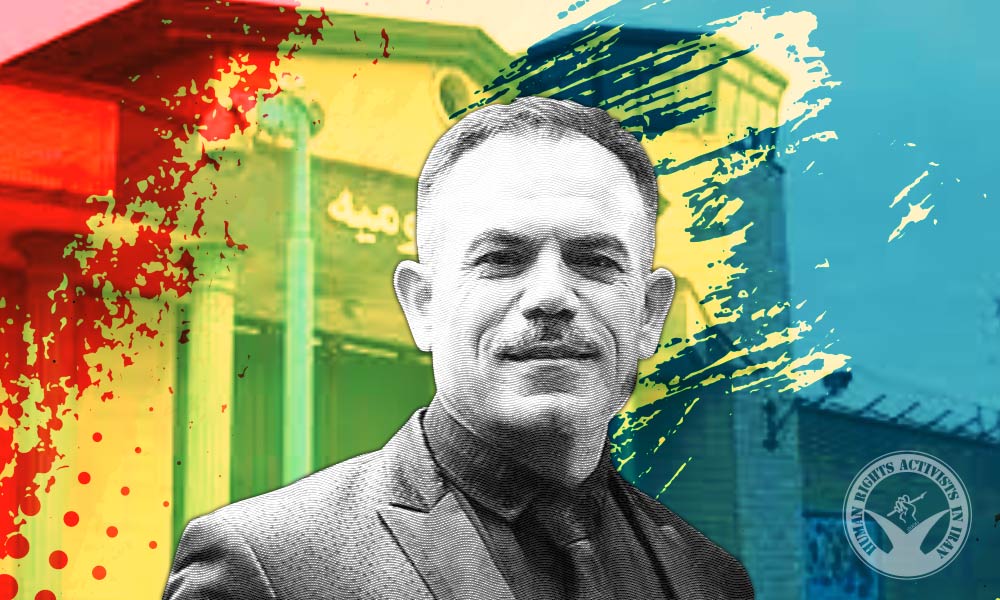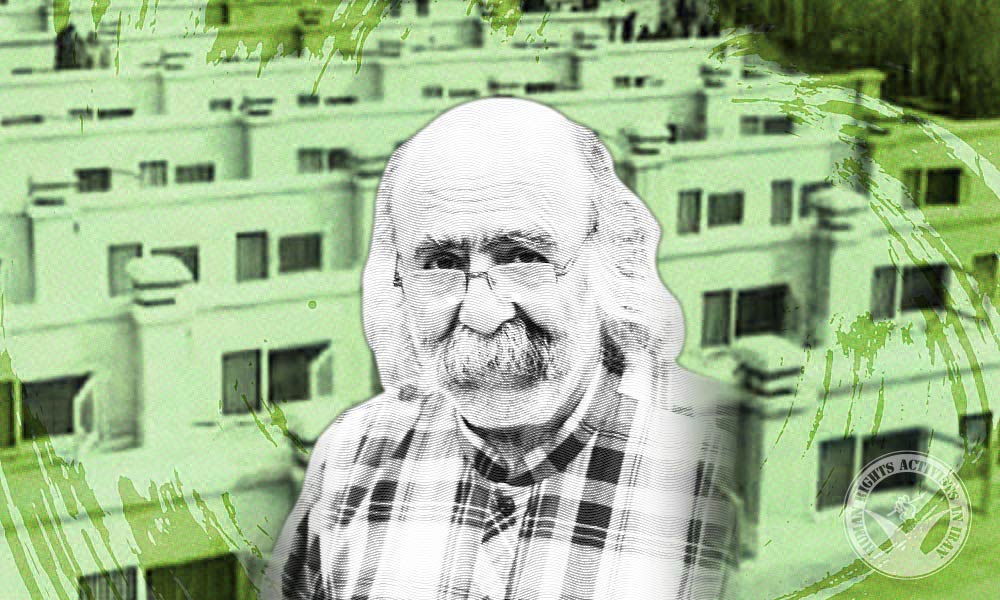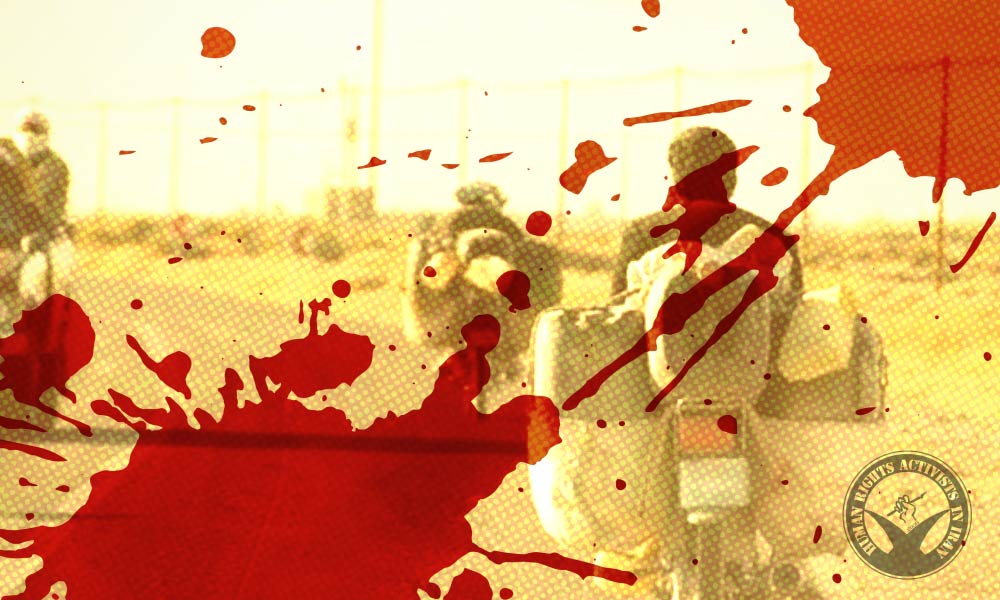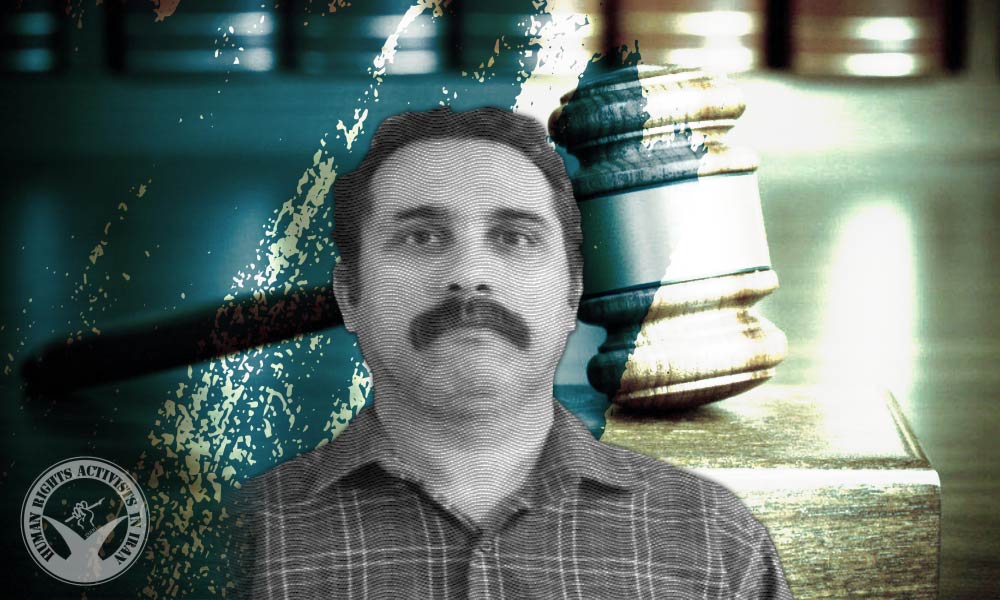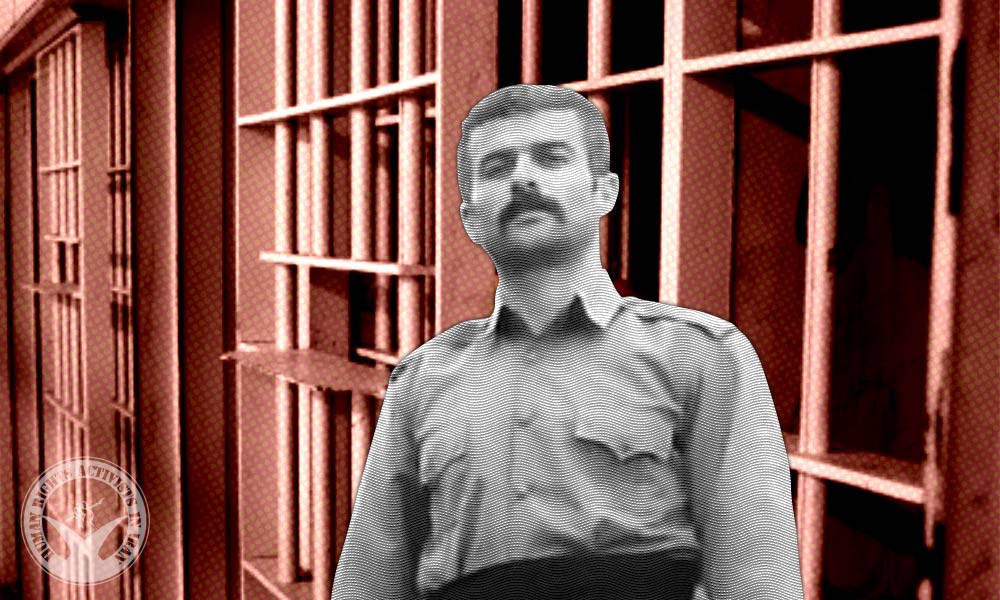On February 3, two inmates convicted for drug-related crimes were executed in Mashhad and Zahedan prisons.
According to HRANA, the news agency of Human Rights Activists, quoting Rasank News Outlet, an inmate identified as Najibullah (Mohammad-Reza) Gorgij, a resident of Zahedan, was executed in Mashhad Prison. He had been accused of drug-related crimes and been in jail for two years.
Reportedly, the execution was carried out without informing his family and without a last visitation.
Rasank News also reported that on Thursday, Hafizaullah Barahooye, a resident of Zahedan, was executed in Zahedan Prison. He had been convicted for drug-related crimes.
The most recent report from the Statistics and Publication Center of the Human Rights Activists in Iran (HRA) states that between January 1 of 2020 and December 20 of 2021, at least 299 citizens, including four juvenile offenders, were executed. In addition, 85 citizens were sentenced to death in this period.
Neither of these executions have been announced by judicial authorities or reported by media inside Iran.
As the report points out, Iran’s judicial authorities do not publicly announce over 88% of executions. These unreported executions are known as “secret executions” by human rights organizations.



